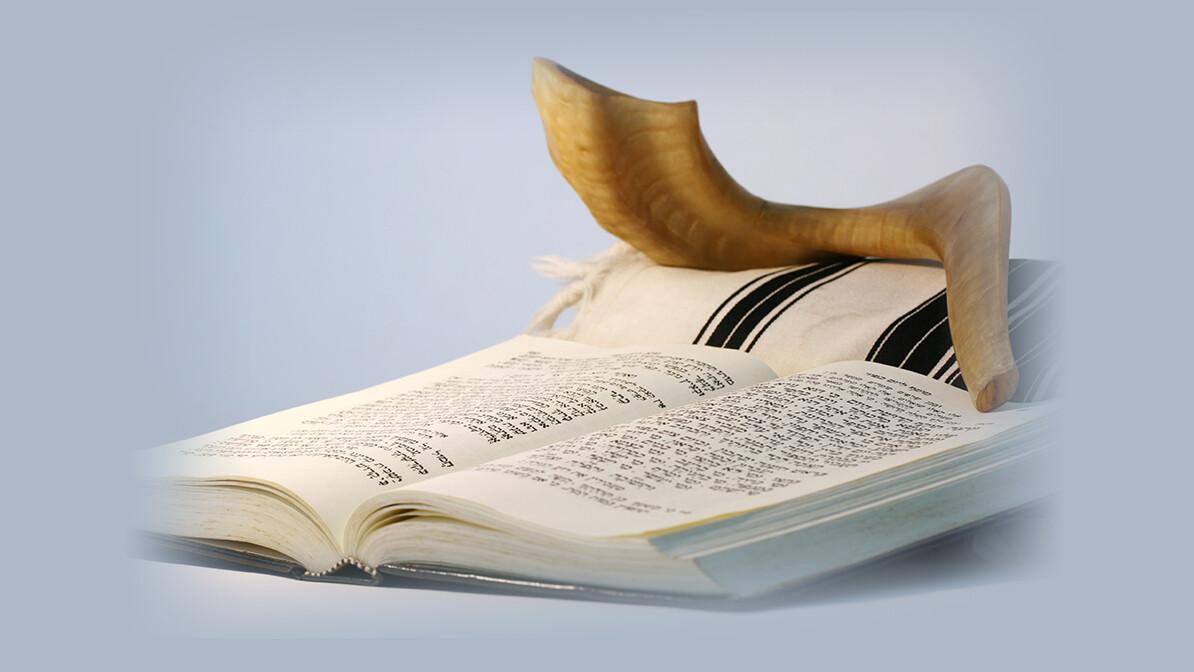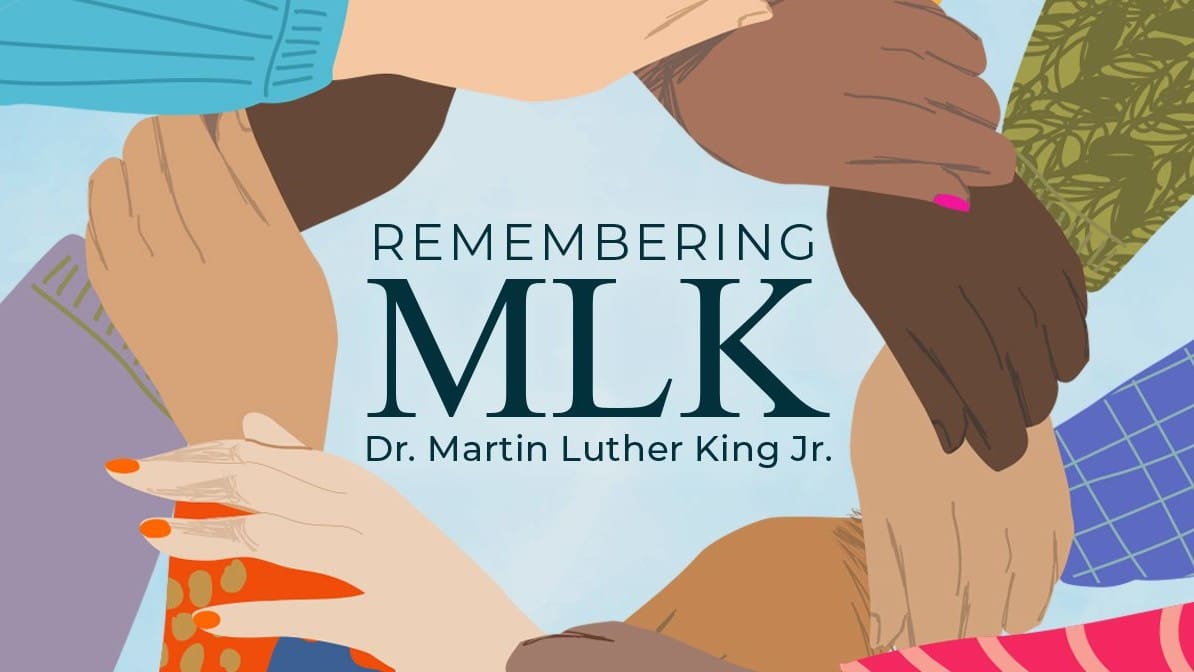
The Days of Awe: A Sacred Invitation for Christians
Every autumn, Jewish and Christian believers alike turn their eyes toward Jerusalem to honor the fall festivals—Rosh Hashanah, Yom Kippur, and Sukkot. Known as God’s appointed times, these feasts carry deep meaning for Israel’s history. But what do they mean for Jesus’ fulfillment of the Law and for the hope of His return? In this article, you’ll discover how these ancient celebrations point to Christ and what they mean for your faith today.
God’s Appointed Times in Scripture
Every year, Jewish and Christian pilgrims from around the world travel to Jerusalem to celebrate the fall Jewish holidays, known as “The Days of Awe” or the “High Holy Days.” These important days in God’s calendar include “Rosh Hashanah” or “The Feast of Trumpets,” “Sukkot” or “The Feast of Tabernacles,” and “Yom Kippur” or the “Day of Atonement.”
The name Rosh Hashanah literally means the “head of the year.” The annual holy days start on Rosh Hashanah, the Jewish New Year. They end ten days later on Yom Kippur, the Day of Atonement.
Moses declared these fall Jewish festivals in the book of Leviticus:
These are the LORD’s appointed festivals. Celebrate them each year as official days for holy assembly by presenting special gifts to the LORD—burnt offerings, grain offerings, sacrifices, and liquid offerings—each on its proper day (Leviticus 23:37 NLT).
Rosh Hashanah: The Feast of Trumpets
Rosh Hashanah signals that the harvest is complete and now it is time to count our blessings and look forward. On the streets of Israel you will hear people greeting each other with “Shana Tova,” which means “good year.” It is the abbreviation of the traditional blessing: “May you be inscribed and sealed in the Book of Life for a good New Year.”
Jewish tradition says it is the day that God created man. Ancient rabbis called it “the birthday of the world.”
One of the ways to express this repentance is through the tradition of “Tashlikh.” This means “casting off” in Hebrew. You travel to a nearby stream and drop in bread crumbs that symbolize the carrying away of our sins.
Yom Kippur: The Day of Atonement
For Jews, Yom Kippur is possibly the most important and holiest day of the year. Yom Kippur means “Day of Atonement.” It is the day when the High Priest of Israel made atonement for the sins of the nation with a blood sacrifice.
“Aaron shall make atonement on its horns once a year. With the blood of the sin offering of atonement he shall make atonement for it once in the year throughout your generations. It is most holy to the Lord” (Exodus 30:10).
To “atone” is literally to make two persons “at-one.” It is a state of complete reconciliation.
In the Old Covenant, the High Priest had to make this sacrifice in a very specific way within the Holy of Holies of the Temple once a year on the Day of Atonement. There was no end to this ritual, because the blood of bulls and goats were not sufficient to cover the sins of the people beyond the prescription of the Law.
Jesus As Our High Priest
The writer of Hebrews confirms that after Jesus died and rose again, he ascended into heaven and:
“…entered, not into holy places made with hands, which are copies of the true things, but into heaven itself, now to appear in the presence of God on our behalf. Nor was it to offer himself repeatedly, as the high priest enters the holy places every year with blood not his own. For then he would have had to suffer repeatedly since the foundation of the world. But as it is, he has appeared once for all at the end of the ages to put away sin by the sacrifice of himself” (Hebrews 9:24-26).
Jesus became our High Priest. He poured out his blood in the heavenly Holy of Holies once, for all time – and for all of mankind.
Sukkot: The Feast of Tabernacles
Leviticus 23:41-43 describes the significance of the Feast of Tabernacles (Sukkot):
“Celebrate this as a festival to the LORD for seven days each year. This is to be a lasting ordinance for the generations to come. … Live in booths for seven days: All native-born Israelites are to live in booths so your descendants will know that I had the Israelites live in booths when I brought them out of Egypt.”
The Feast of Tabernacles is a special time of year, also called “the Season of Our Joy.” This feast emphasizes:
- Our longing for God to dwell among man
- Our thankfulness for His provision of the harvest
The Feast of Tabernacles is one of the three major Old Testament “Appointed Times.” It commemorates God’s care and protection of His people when they journeyed from Egypt to the Promised Land – and it is a reminder of God’s care and protection for us today!
In the Old Testament, this feast expressed the desire of God’s people to set aside time to be in His presence. The people built tabernacles or “booths” to symbolize the place they had made for God to dwell with them.
God With Us
This desire was fulfilled with the death and resurrection of Jesus Christ – an event that opened the way for the Lord to forever dwell with His people as Immanuel, God with us. Today the Holy Spirit lives in the heart of every believer, providing comfort, wisdom, provision, and protection.
This appointed time is also known as “the Feast of Ingathering” because it celebrated the final harvest of the year. Christians today celebrate the biblical feast of Sukkot based on a passage from Zechariah 14:16 that says all the nations will one day go up to Jerusalem to worship the Lord during the Feast of Tabernacles.
God clearly instructed His children that these are to be perpetual feasts, for all generations (Leviticus 23:40-41). There is a blessing in store for us when we commemorate the perpetual feasts, celebrations, and holy convocations God designated as His Appointed Times.
The Coming King and the Final Harvest
Theologians believe that many of the other major biblical feasts have already been fulfilled through the life of Jesus or the New Testament Church.
- The Feast of Passover was the time when the Children of Israel killed a lamb and sprinkled the blood on the doorposts so that the Angel of Death would “pass over” their home. Jesus Christ, the Lamb of God, fulfilled this feast by His death and resurrection. He poured out His blood for the washing away of our sins, giving us eternal life in Him.
- The Feast of Pentecost was the time when the first fruits of the harvest were gathered and dedicated to the Lord. The word “pente” in Greek means fifty, so Pentecost came fifty days after Passover. On the first New Testament Day of Pentecost, fifty days after Jesus’ death and resurrection, the disciples gathered in the upper room, waiting on God, just as Jesus instructed. Suddenly there was the sound of a mighty wind and the Holy Spirit was poured out on the believers. This was the offering up of the first fruits of the Church to the Lord.
The Final Harvest
The Feast of Tabernacles is a celebration of the final harvest before the New Year. Many theologians believe that this feast still awaits its New Testament fulfillment. They believe it will be fulfilled when the Trumpet of God sounds and the Messiah returns to bring in the final harvest of souls from the earth.
The Bible speaks of two significant times where God Himself sounds the shofar. The first time on Mount Sinai when God entered into covenant with Israel. The second time will be at the return of the Messiah. So Rosh Hashanah is a time for Christians and Jews to look to Heaven with anticipation for the return of Jesus – Yeshua – the Messiah, promised of God.
…
Step into God’s appointed times with faith.
Your giving helps share the Gospel of Jesus to the nations.
👉 Sow your Campmeeting seed today & trust God for a harvest of souls.
Have you met the Messiah these feasts point to?
Jesus is the fulfillment of God’s promises.
👉 Discover how to begin a relationship with Him today.
Trending Now
Sign up today for your Inspiration Today Daily Newsletter
Supercharge your faith and ignite your spirit. Find hope in God’s word. Receive your Inspiration Today newsletter now!
Dr. Craig von Buseck
Dr. Craig von Buseck is an award-winning author, speaker, and Christian ministry leader known for his engaging storytelling and biblically grounded insights. His books, teachings, and inspirational messages encourage believers to trust God's guidance, walk in faith, and recognize His hand in everyday life.
Craig's writing blends historical research, spiritual wisdom, and practical application, making his work meaningful to readers across the Christian community.
Learn more about his books, teachings, and ministry at vonbuseck.com.
Related Articles
January 19, 2026
Martin Luther King Jr. Day: A Biblical Call to Live God’s Grace, Love, and Mercy
On August 28, 1963, Dr. Martin Luther King, Jr. stood on the steps of the Lincoln Memorial and…
January 10, 2026
Beginning the New Year with a New Perspective
Happy New Year, friends! It’s the beginning of a new year, and more often than not, that prompts…
January 7, 2026
Renewing Your Mind for the New Year
What Are You Asking God to Do in Your Life This Year? As you step into this new year, what are you…
January 3, 2026
Four Steps to Setting Goals in the New Year
As you step into a brand-new year, you may feel the desire to reset, refocus, or simply get back to…
Next Steps To Strengthen Your Walk
Inspiration Today Newsletter
Supercharge your faith and ignite your spirit. Find hope in God’s word. Receive your Inspiration Today newsletter now!
Christian Articles
Find articles to strengthen your walk and grow your faith. We have a wide range of topics and authors for you.
Submit A Prayer Request
We are here for you. Simply click on the button below to reach us by form, email or phone. Together we will lift our hearts and voices with you in prayer.





